Prime Minister Orban believes that Trump's return could fundamentally reshape global politics, as he is the only one capable of ending the Russia–Ukraine war. Hungary has been under significant pressure from Brussels and Washington in recent years, but Mr. Orban suggests that Trump's return could end this era, according to the Neue Zurcher Zeitung.
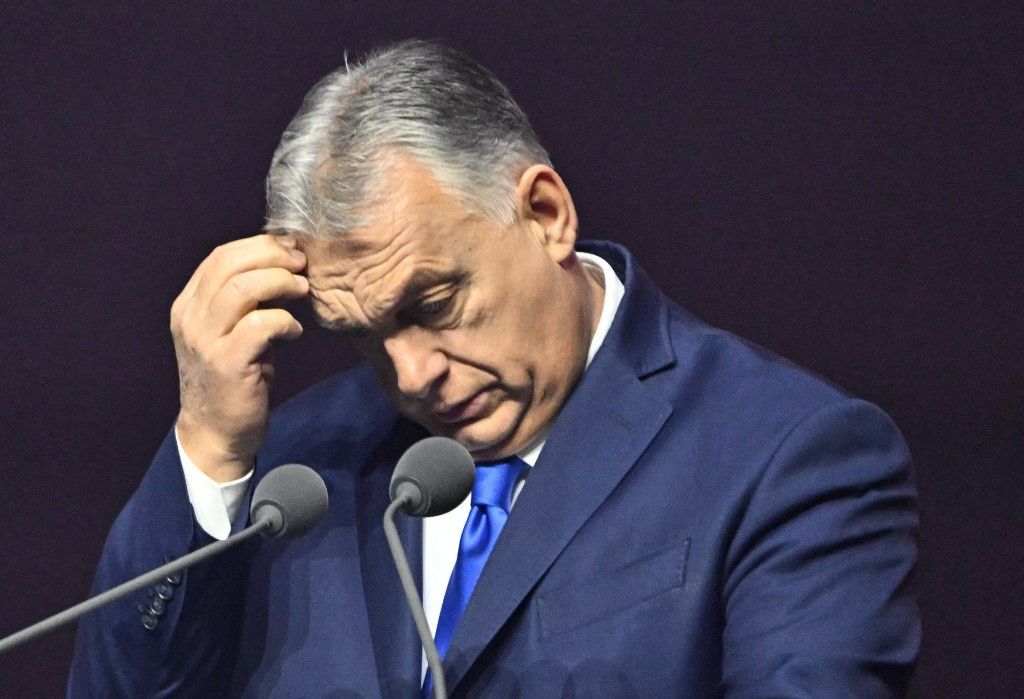
The world has changed so much in ten days as it usually does over the course of years. This is the Trump tornado. But for Hungary, it's simple: Brussels and Washington were putting pressure on us. If a country of ten million people has two boots on its chest, it can hardly survive.
Mr. Orban highlighted that the policies of U.S. Democrats were hostile toward Hungary, but under the Trump administration, relations could improve, and he hopes that American investments will grow once again.
Europe's weakness and economic reshuffling in the world
The Hungarian prime minister emphasized the weakness of the European Union, stating that the continent continues to lose competitiveness, lacks a strategy, and is without strong leaders. He believes that economic dynamics are shifting eastward: China, India, and the United States are the key players of the future, while Europe stagnates. For Hungary, this means that it cannot solely focus on European markets but must also open itself up to the East.
U.S.–Europe relations and security challenges
According to Mr. Orban, Europe cannot blindly rely on U.S. security guarantees but must actively negotiate to ensure that Washington is still willing to take on a defense role for the continent. He argued that the EU is incapable of conducting an effective foreign policy, as it failed to prevent both the Russia–Ukraine war and to advance the integration of the Balkans.
As Europeans, we must be humble. The EU talks about being a global player. But it cannot even control developments in its own neighborhood. We could not prevent the war between Russia and Ukraine, nor could we integrate the Western Balkans. No global player behaves like this. A common foreign policy would only be realistic if Germany and France had strong political leadership and the others followed suit. But this isn't the case right now.
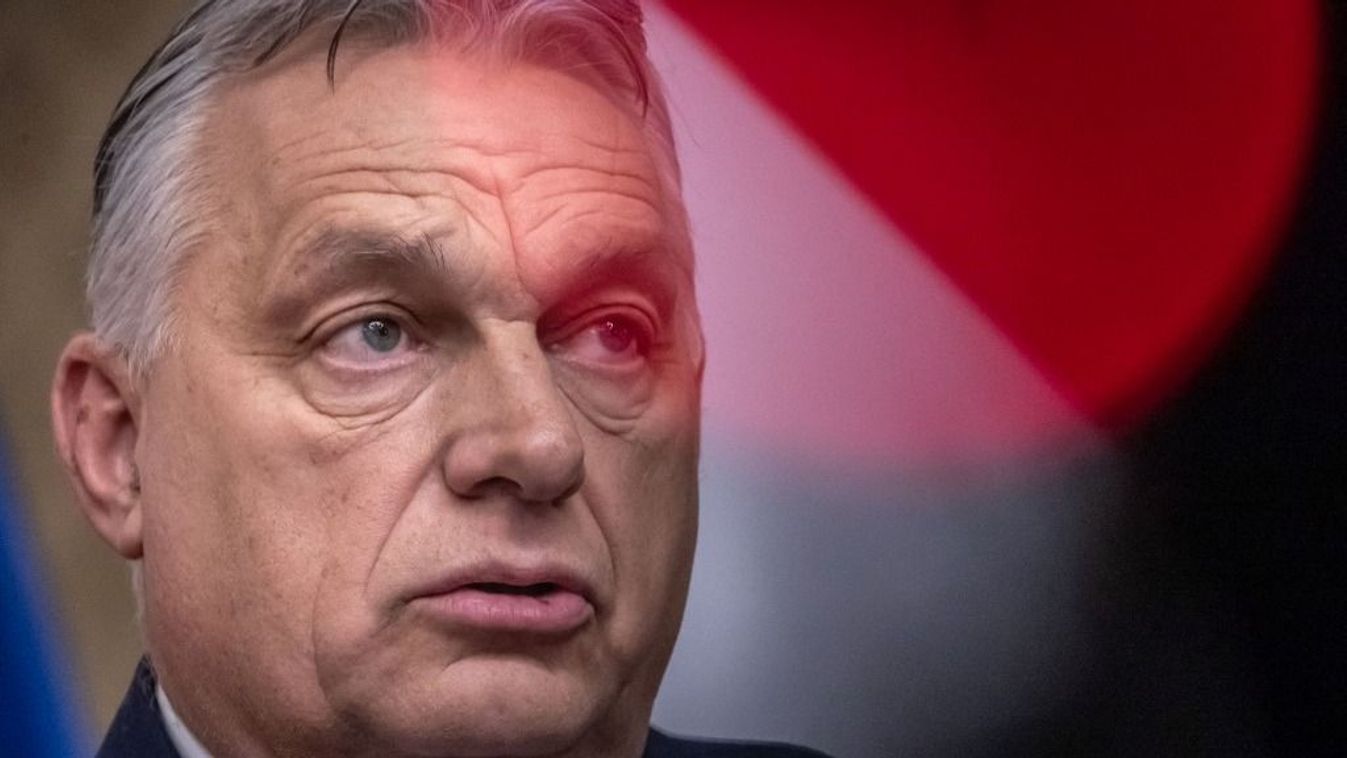
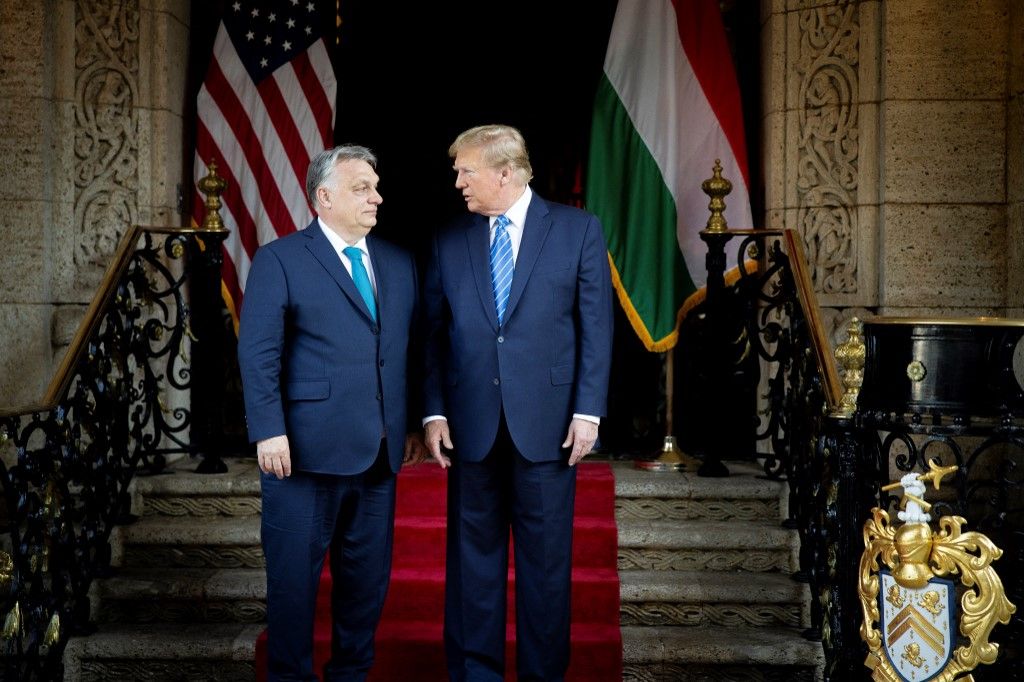
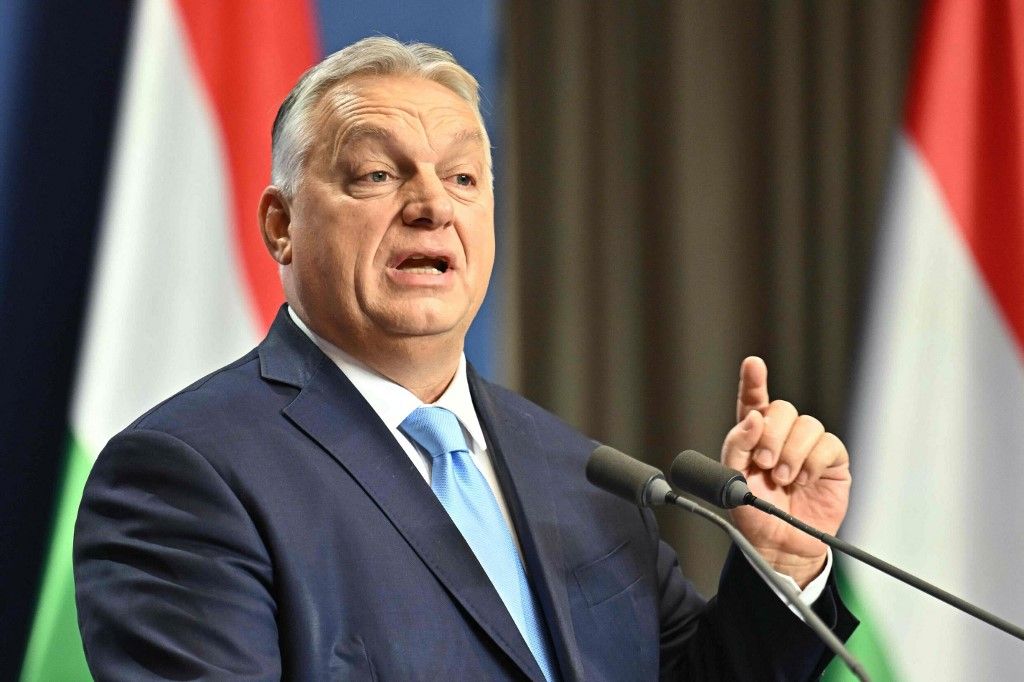
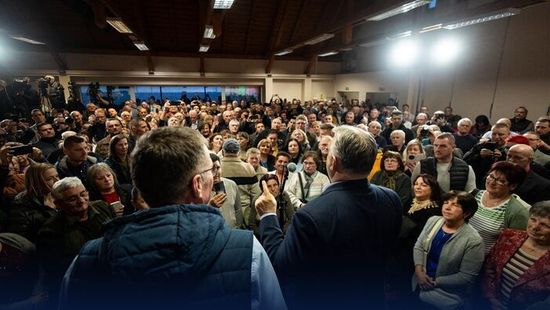
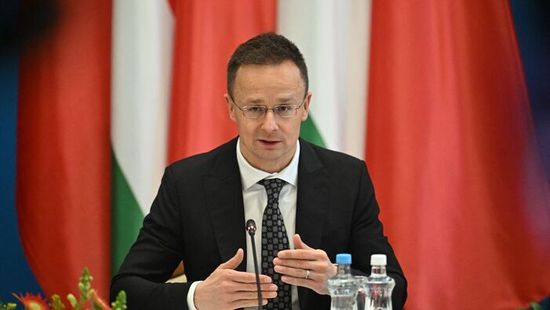
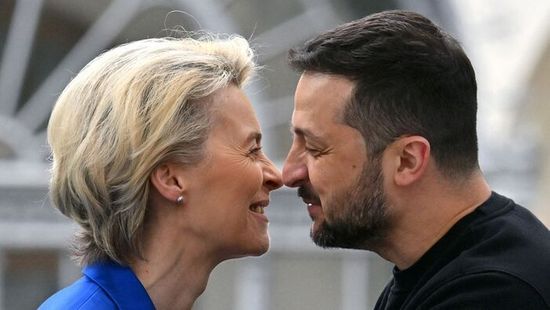
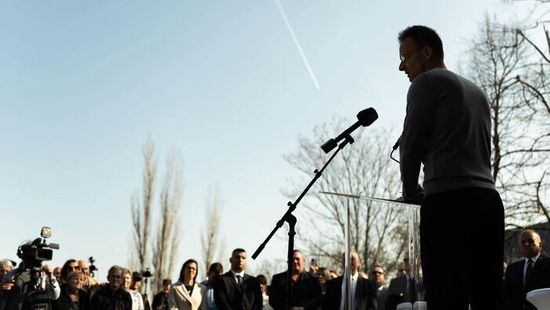


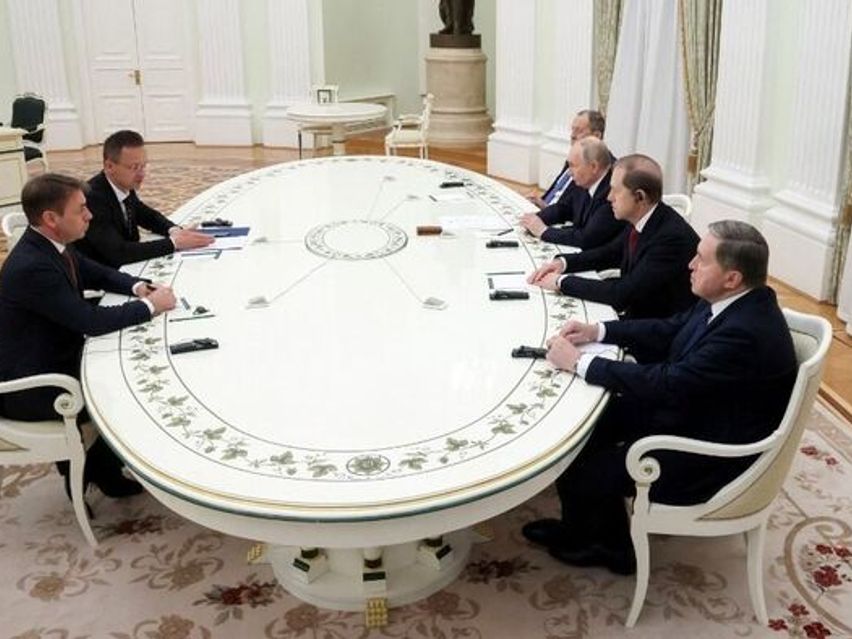





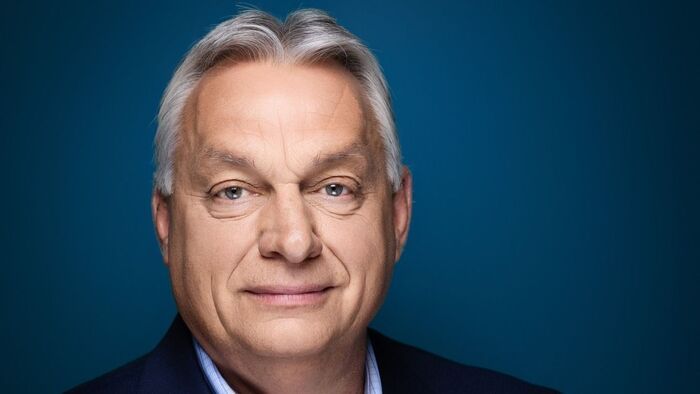

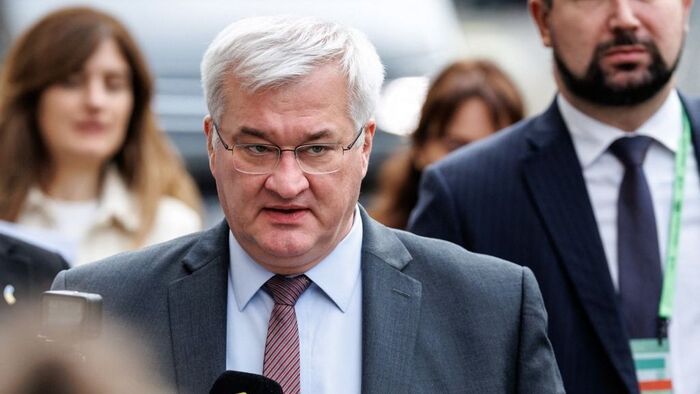
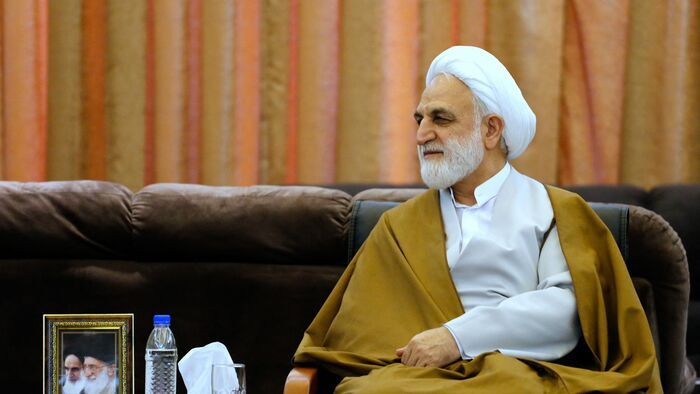
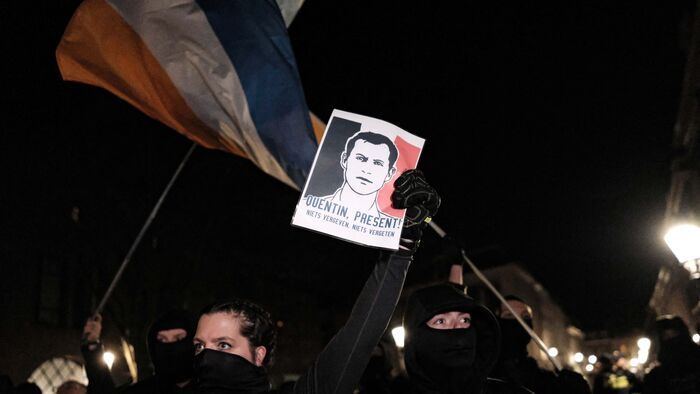


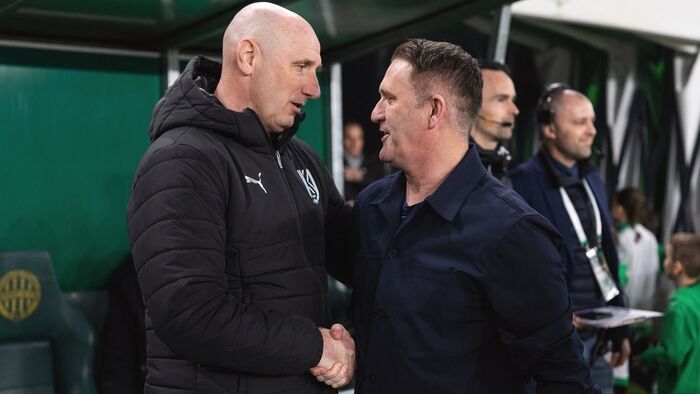


Szóljon hozzá!
Jelenleg csak a hozzászólások egy kis részét látja. Hozzászóláshoz és a további kommentek megtekintéséhez lépjen be, vagy regisztráljon!